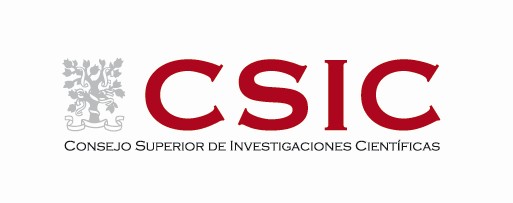Due to environmental concerns, extensive research has been carried out to develop high-performance lead-free piezoceramics capable of replacing commercial lead-based materials. The lead-free (Ba0.7Ca0.3)TiO3 −Ba(Zr0.2Ti0.8)O3 system has emerged as a candidate for room temperature transducer applications because a high piezoelectric charge coefficient is achieved in this system for compositions at the morphotropic phase boundary. However, conventional ceramic processing of these eco-friendly piezoceramics demands high energy consumption because long-lasting, high-temperature heat treatments are needed, which often lead to microstructural degradation that compromises the material reliability. Field-assisted flash sintering has started to be explored since the application of an adequate electric field was shown to significantly reduce the sintering time and temperature, thereby controlling grain growth. In this work, Ba0.85Ca0.15Zr0.1Ti0.9O3 ceramics are obtained by current-controlled flash sintering of mechanosynthesized nanopowders. Exhaustive control of the sintering parameters allows tailoring of the microstructure, which allows dense fine-grained flash-sintered ceramics exhibiting a high electric field-induced strain response to be obtained.


